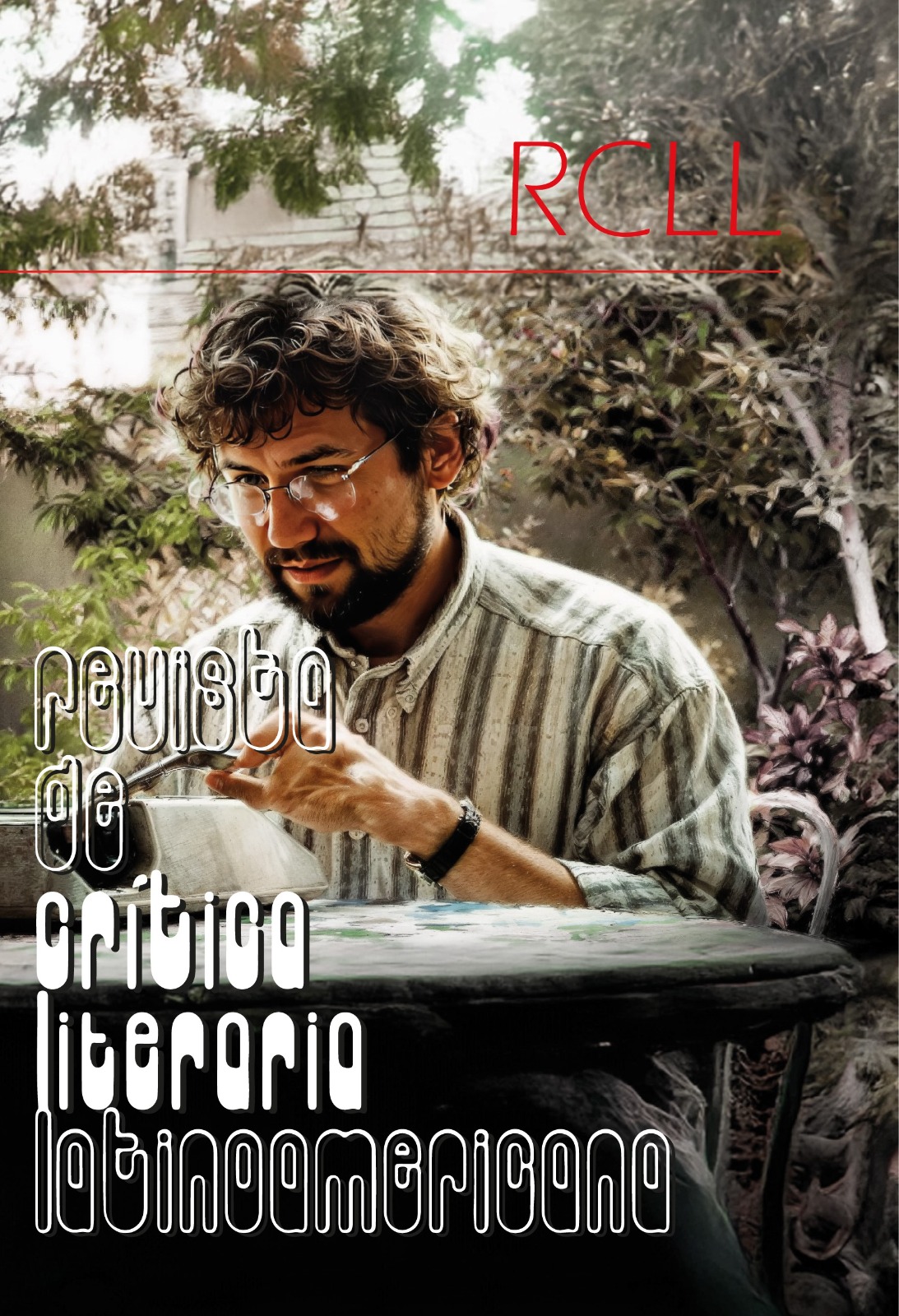Bob Kaufman, el jazz y la diáspora: un latido silencioso entre tambores
Palabras clave:
jazz, diáspora, vanguardia, Nicolás Guillén, ÁfricaResumen
A finales de la década de 1950, Bob Kaufman, poeta afroamericano e integrante de los beatniks en San Francisco, comienza a emplear el bebop/jazz como base de su nueva poesía. Entre sus diversas influencias, el propio Kaufman reconoce la importancia de autores como Nicolás Guillén, Langston Hughes y Federico García Lorca, y no solo en su poética, sino en su ethos político revolucionario, inscribiendo así su jazz hablado y surrealista en la estela de las luchas radicales de entreguerras. Uno de los rasgos más destacados de la poesía de Kaufman, y de su propia biografía, fue el empleo intencional del silencio (característico también en Lorca, Hughes y Guillén), y que será abordado en este ensayo en su doble dimensión: por un lado, en tanto gesto subversivo en plena época de ruido “espectacularizado”, tal y como teorizó Debord. Por otro lado, y siguiendo a F. Jameson, como “inconsciente político” de una literatura que responde al saqueo vital, material y simbólico del comercio triangular (entre África, América y Europa), y que está en los orígenes de un modelo de acumulación capitalista que entra en crisis en las décadas de 1930 y 1960.





